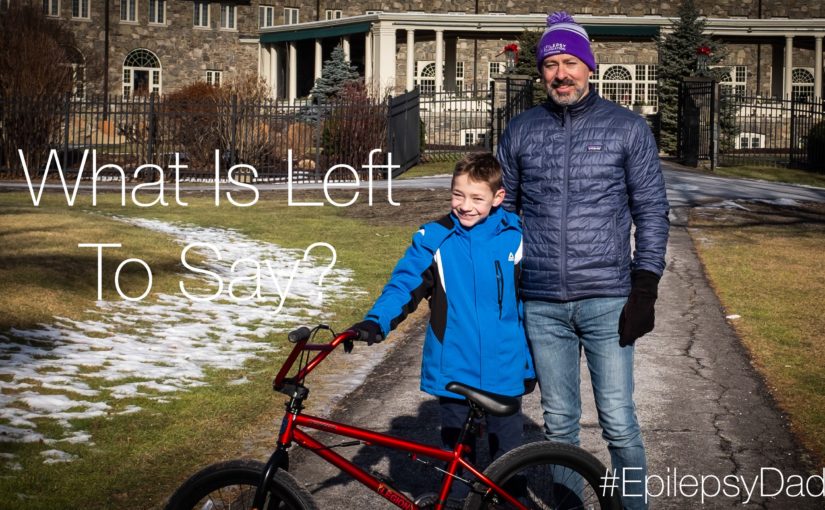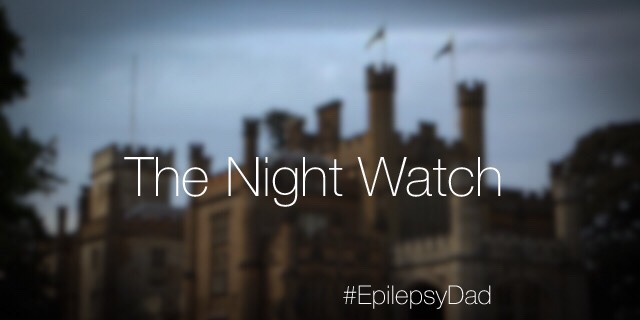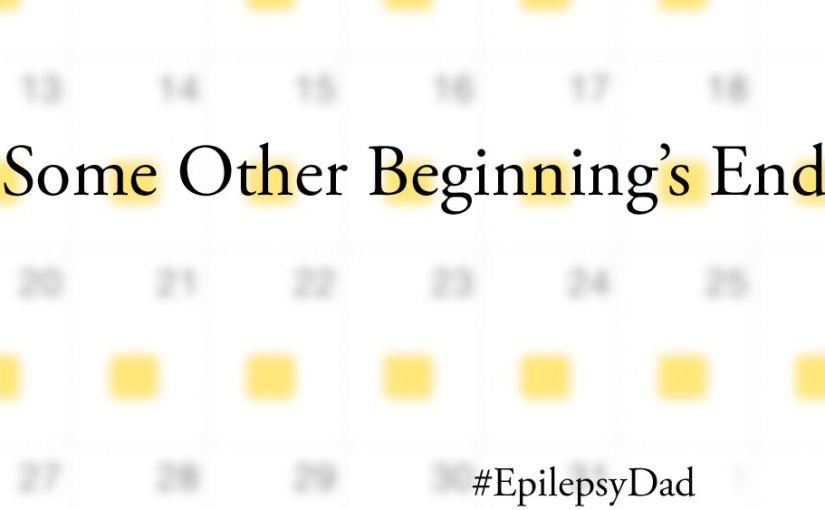When I started this blog almost 5 years ago, we were only just beginning our epilepsy journey.
The first few posts were written from his room on the neurology floor of the children’s hospital as I watched the doctors tried to stop his seizures. I wrote as a way to process my thoughts and feelings as I worried about losing my son and learned about words like status epilepticus and refractory.
After we left the hospital, I wrote about how our life changed. I shared stories of how we tried to rebuild my son after those initial waves of seizures took so much from him. I wrote about his therapies and how the exploration and experimentation with different medication led to the same frustrating results or unbearable side effects. I wrote about my fears about VNS surgery and my frustration with the hardship of the ketogenic diet.
For the past year, very little has changed. In spite of having a VNS implanted, adjusting his medication, and continuing the ketogenic diet, my son is still seizing almost every day. I still worry about the risk of SUDEP. I still worry about the long term effects of these seizures as I watch him slowly fall behind his peers at school.
When I would sit down to write, it started to feel like I was always wanting to write the same things and that I had already put my thoughts and feelings down. I wasn’t sure what was left to say, so I didn’t write anything.
Not writing had the additional benefit of not having to look beyond the surface of our lives. I could stop probing how I felt about the challenges my son faced and what it meant for his future. I could just live in the present and deal only with what was in front of me. But that began to feel like I was shirking my responsibility as a father and doing a disservice to myself and to my son.
During the time I stopped writing, I also received a number of messages from the epilepsy community. They reminded me that that others were going through the same challenges. I started this blog for myself but it brought me into a community of people who had already been where I was as well as people who were just starting on this path. The unexpected benefit of putting ourselves out there was that is reminded us that we weren’t alone. When things were dark and scary and uncertain, that gift provided immeasurable comfort.
I was worried that because nothing has changed that I wouldn’t have anything to write about, but that is part of this journey. The ups, downs, and the long stretches in between filled with uncertainty, frustration, accomplishments, and joy are all part of life. They are the things that remind us why we are here and bring us closer together. They are our outstretched hands reaching in to the darkness that are met by the hands of others grasping for connection.
As the new year began, I have started waking up early again. I make my coffee and sit on the couch in a quiet house staring at a blank page. I think about our life, past, present, and future. I think about the people we’ve met along the way, and I start filling the page with words.
It turns out, I might have more to say after all.


